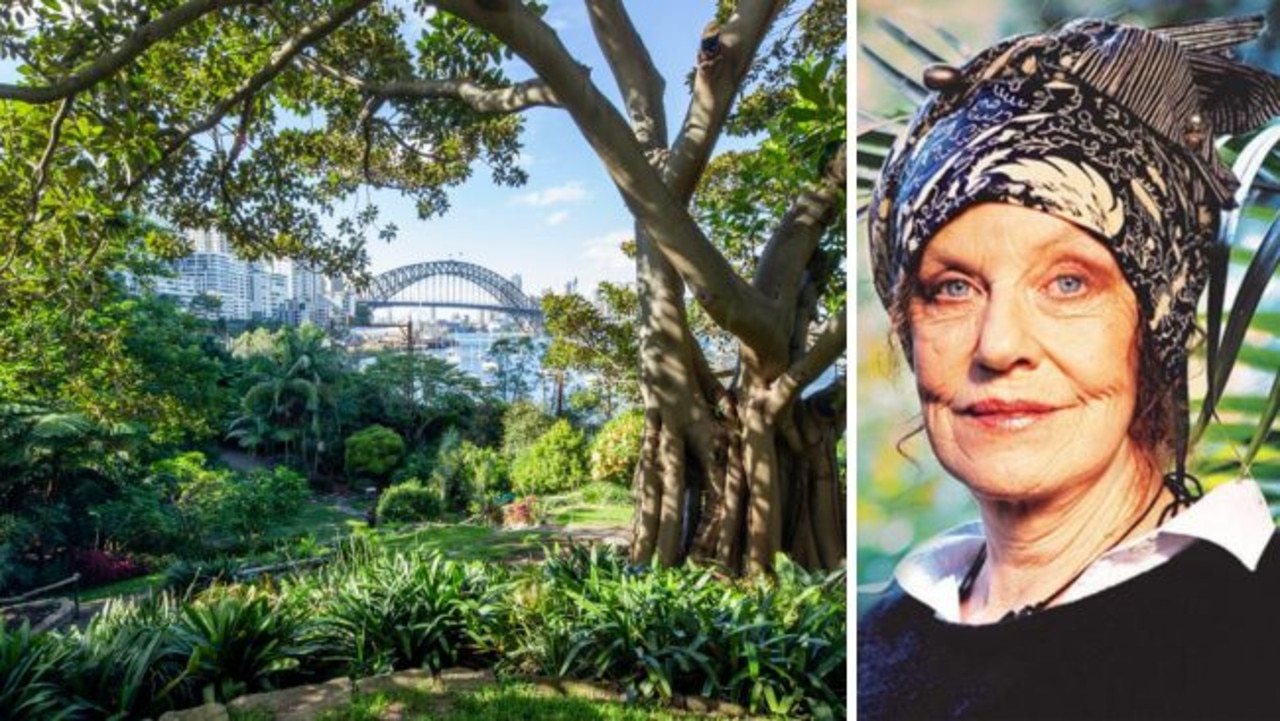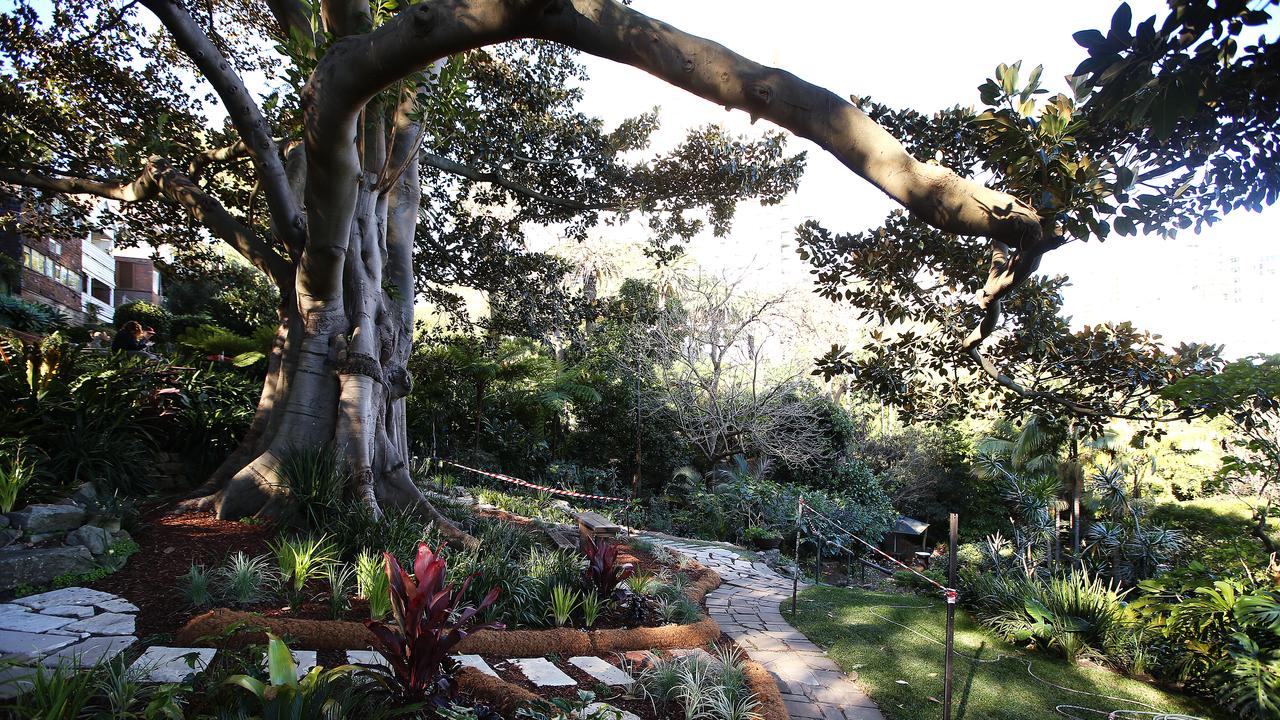Angela Mollard: Stop living in a mad dash and take time to enjoy the view
Death is inevitable but we live our lives striving to reach somewhere that may not exist and forget to focus on the here and now, writes Angela Mollard.

Opinion
Don't miss out on the headlines from Opinion. Followed categories will be added to My News.
What are you doing with your dash?
Not your cash, but your dash. The cost of living may have robbed us of the former but we all have a dash, that innocuous little line on headstones and in obituaries that represents our life.
Shakespeare’s is 1564-1616; I committed it to memory while at school and pull it out at quiz nights. Joe Biden’s is 1942-?; some might say his dash is looking a bit frayed.
Me, I’ve largely ignored what that little line really means until I came face-to-face with it this week.
My aunt has been visiting. It was her 54th wedding anniversary this week and she didn’t want to be home alone after my uncle’s death last year, she told me as she sat at my kitchen bench. And then her eyes filled with tears because while she’s a positive soul, they were the most companionable of couples.
I have little experience of grief. When my grandfather died 15 years ago I stood to speak at his funeral and was overcome by tears and unable to get the words out. Since then I’ve been death avoidant, sidestepping any notion of mortality in some misplaced fear that if I think about it, someone I love will die.
But death, I’ve learned recently, is like another piece of punctuation: the full stop. And when we’re forced to think about the full stop, we’re gifted the opportunity to consider the dash It’s taken two books and a bloke to bring me round to a bolder approach to death.

The first was Oliver Burkeman’s Four Thousand Weeks which, as the name suggests, is the startlingly small average lifetime. It’s a gorgeous book, funny and flinty as it addresses our unwillingness to accept our finitude. As Burkeman says, our “insultingly short” lifespan is not cause for despair but relief. “You get to give up on something that was always impossible – the quest to become the optimised, infinitely capable, emotionally invincible, fully independent person you’re officially supposed to be.” Instead, he points out: “You get to actually be here … Because now is all you ever get.”
The second is Brigid Delaney’s Reasons Not To Worry, which re-purposes the Stoics’ thinking, that we should treat every encounter, particularly with those close to us, as if it may be the last. For someone like me who thinks life will be perfect if I just get those last things done, this has been a revelation. When you properly inhabit a moment rather than seeing your current life as provisional it becomes fuller and shinier.
And the bloke? Well, that’s my partner. He lost his wife to breast cancer 14 years ago and he’s the living embodiment of every word in the two books above, even though he hasn’t read them. He seizes everything – today, friendships, laughs, his kids, travel – because he knows that life is uncertain, that we can’t master time and that we are cosmically insignificant. If I live my life as a series of stepping stones, always on the path to some imagined tomorrow, he lives his like a river, flowing and awake to whatever floats downstream.

But my aunt’s visit illuminated how much my thinking has changed. When she mentioned her anniversary, I asked her to tell me about her wedding day. Her eyes sparkled as she recalled her dress and her dashing husband in his military uniform. We looked at photographs of me giving her a little silk horseshoe. I was three; all I can remember is wanting to keep it for myself.
My aunt adores gardening and so I suggested we visit the secret garden created by Wendy Whiteley, the former wife of celebrated artist Brett Whiteley. It’s deliberately not signposted and so we had some fun finding it, chancing upon the enormous Moreton Bay fig that stands like a sentinel over the former unused railway land that spills down to Sydney Harbour. I had forgotten Wendy’s story, how she had hurled herself into hacking away the blackberry vines and lantana and ridding the site of rubbish in a grief-stricken attempt to control something after Brett’s shocking death from a drug overdose in 1992. Less than a decade later she was hit by grief again when their daughter, Arkie, died from cancer aged just 37. In the centre of the garden there’s a circle of palms, a gift from Arkie to her mother.
My aunt adored the garden, marvelling at the trumpet flowers and the sun-dappled spots to sit. But it was seeing Wendy, standing on her doorstep in her trademark turban, that reminded me that it’s not death we must honour but the dash that proceeds it. As Wendy has said, slogging in the garden gave her purpose but, ultimately, like death, she couldn’t control it. “Gardens do their own thing,” she has said, “and I find that fascinating.”
More Coverage
Originally published as Angela Mollard: Stop living in a mad dash and take time to enjoy the view








